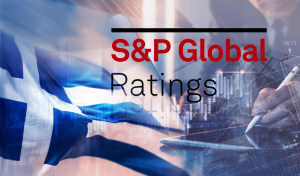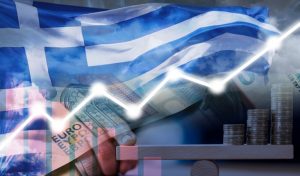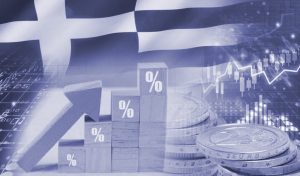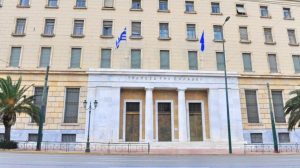Latest News
-
Greek Livestock Association Warns of Out-of-Control Livestock Disease
-
Giannis Antetokounmpo Donates $1mln to Milwaukee Community
-
Hezbollah Targets Tel Aviv as Blinken Visits in Fresh Push for Cease-Fire
-
One in Four Greeks Doubts Any Party Can Reduce Poverty
-
European Commissioner for Innovation Iliana Ivanova in Athens
-
Greece Tops EU First-Time Asylum Applications per Pop. in July
-
Song of the Day: ‘Landslide’ – Fleetwood Mac
-
Tourism Revenues Drop 1.8% in Greece Despite Rise in Arrivals
-
Recipe of the Day: Easy Lasagna
-
Clear Skies, Temps Up in Greece on Tuesday
-
A News Wrap-up: October 21
-
Military Gains Strengthen Netanyahu’s Hand, but Israelis Remain Divided
-
Govt Unveils New 8.5bln€ ‘Production Model’ to Boost Growth, Jobs
-
Alco Poll: ND Solidly First; PASOK Second Amid SYRIZA Collapse
-
BoG: More Arrivals, Less Travel Remittances in Aug. 2024
-
Androulakis Announces PASOK’s New Political Center
-
Sick of Vacations in Italy and Greece? Airlines Are Betting No
-
Seafarers, Primary School Teachers’ Union Call Strike
-
Morgan Stanley Sees Resilient Growth for Greek Banks Amid Rate Cuts
-
Moldova Votes Yes on Joining EU by a Hair
-
Another Minimum Wage Raise in the Works After 2027
-
Supermarkets: Price Reductions of Up to 15% on Essential Goods
-
PPC to Issue 500mln-Euro Bond



















